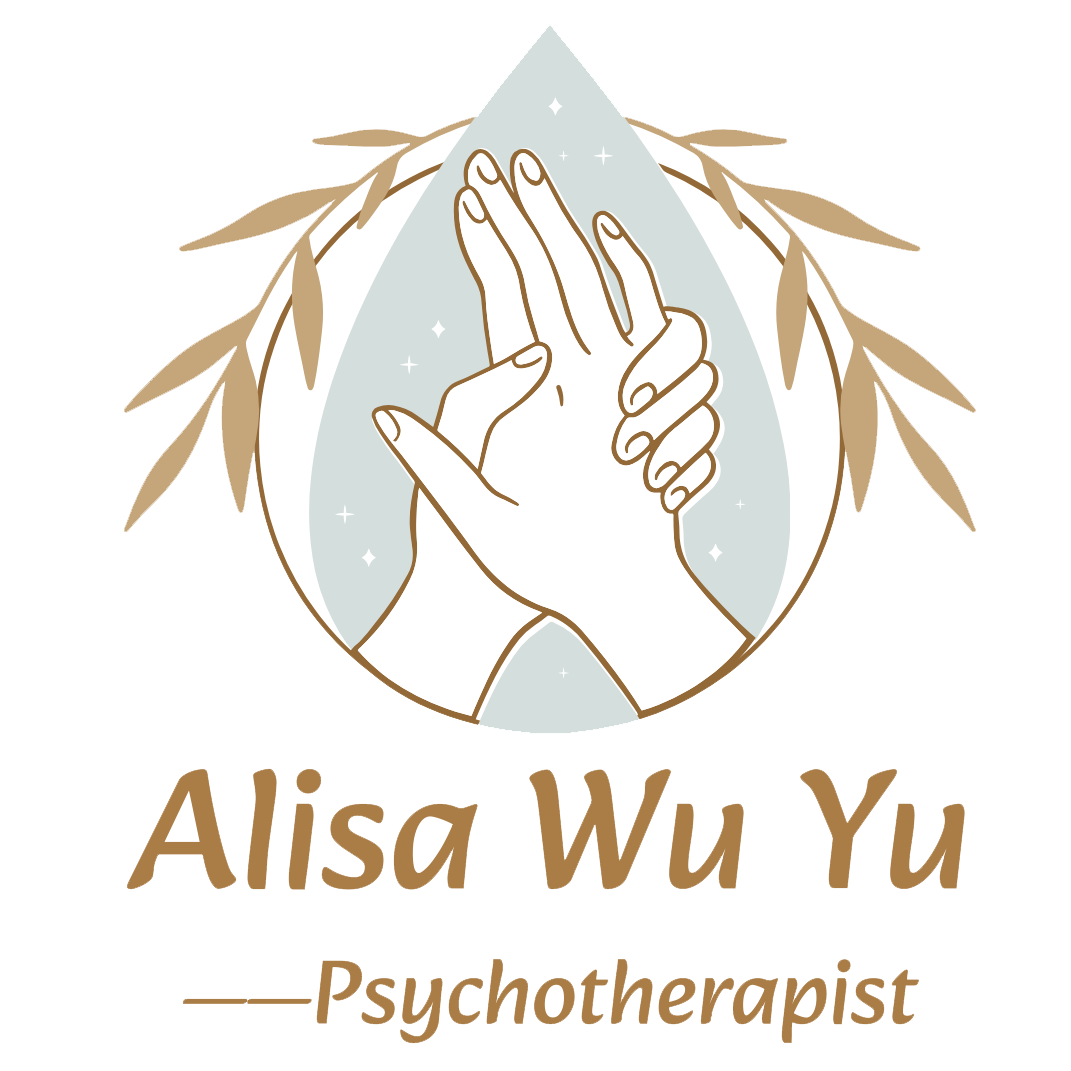
Affordable Couples Therapy NYC
For couples navigating conflict, disconnection, or relational ruptures
Helping you communicate better and meet each other’s deeper emotional needs
A space to feel truly known—and to truly know one another
Culturally attuned to working with Chinese and Asian couples
When you long for closeness but keep missing each other emotionally…
Do you find yourselves stuck in the same painful cycle—longing for closeness, but ending up more disconnected?
Do efforts to talk often lead to misunderstanding, defensiveness, or feeling unseen?
Do you struggle to name what you truly need from your partner—or feel afraid those needs might be “too much”?
Does it feel like you're both reacting not just to each other, but to older wounds that never fully healed?
Do moments of disconnection feel larger than the situation itself, as if touching something deeper inside you?
In Emotion-Focused (EFT) and attachment based couples therapy, we’ll slow down to understand the deeper needs beneath the conflict—so you can start feeling emotionally safe, seen, and connected again.

My work with couples is primarily informed by two approaches.
Emotionally Focused Therapy
Emotionally Focused Therapy (EFT) guides how I work with couples who feel emotionally disconnected, stuck in conflict, or longing to feel close again. Rooted in attachment theory, EFT focuses on the emotional bond between partners—helping you identify the deeper longings beneath the arguments, and transforming rigid cycles of pursuit and withdrawal into moments of connection.
Instead of just fixing surface problems, EFT helps you tune into each other’s core needs—to feel safe, valued, understood, and emotionally held. In our work, we’ll slow down, make sense of the emotional signals you’re both sending, and create new ways of reaching and responding to one another with an Asian individual therapist in NYC.
To learn more about EFT, an evidence-based approach to couples therapy, visit: www.iceeft.com
Self Psychology & Intersubjective Approach
As a branch of psychoanalysis, self psychology focuses on our lifelong need to feel seen, understood, and emotionally supported by others—what are called selfobject needs. In couples therapy, this approach helps partners recognize how unmet early selfobject needs—such as the need to feel affirmed, soothed, or emotionally held—shape how they experience each other today.
When those needs go unrecognized, couples often fall into reactive patterns rooted in past wounds. Each partner brings unconscious mental patterns into the relationship, influencing how they perceive, respond to, and interpret the other. These patterns are not just frustrating—they reflect deeper self-protective strategies developed over time.
In therapy, we explore each person’s internal world with equal empathy, understanding how current struggles reflect deeper unconscious mental patterns. The goal is to foster emotional safety and responsiveness, so that partners can become a more reliable source of healing, connection, and mutual support for one another.



